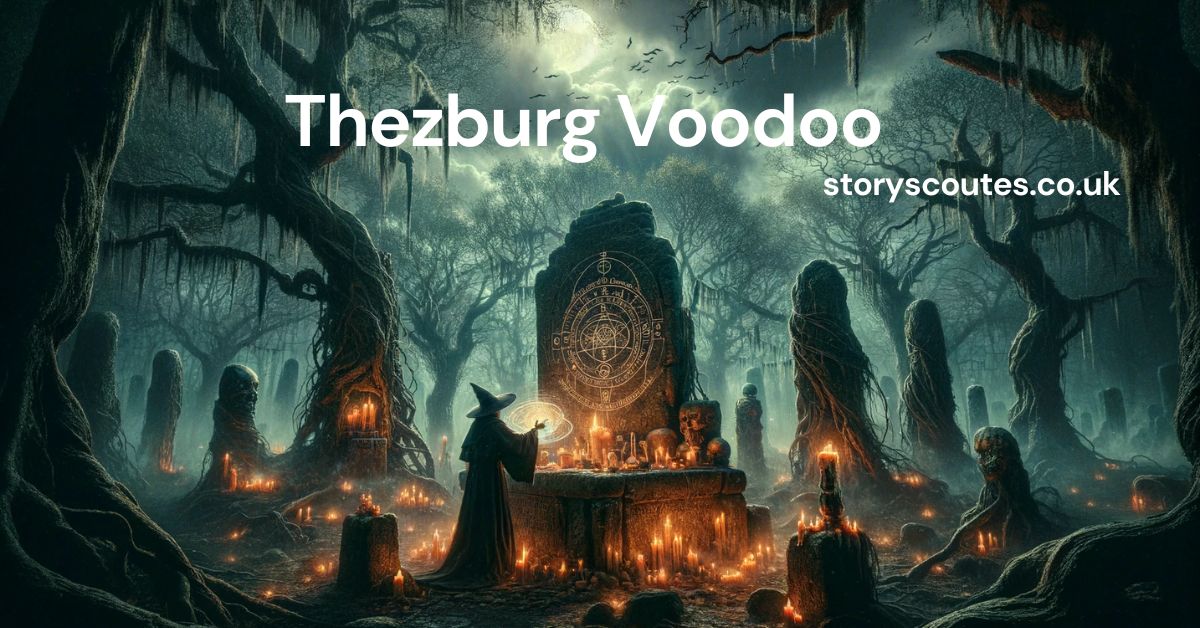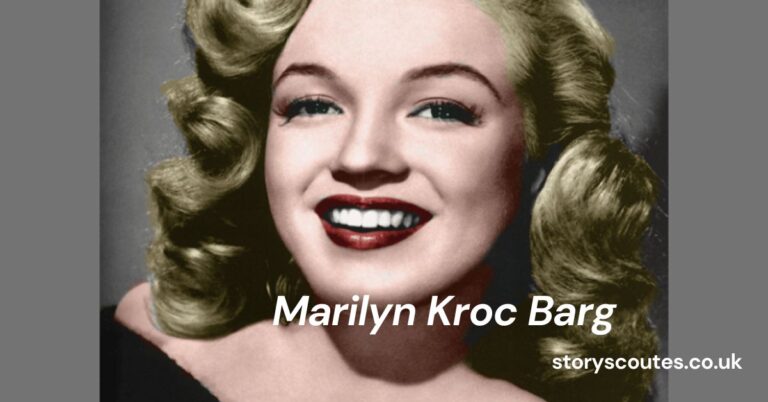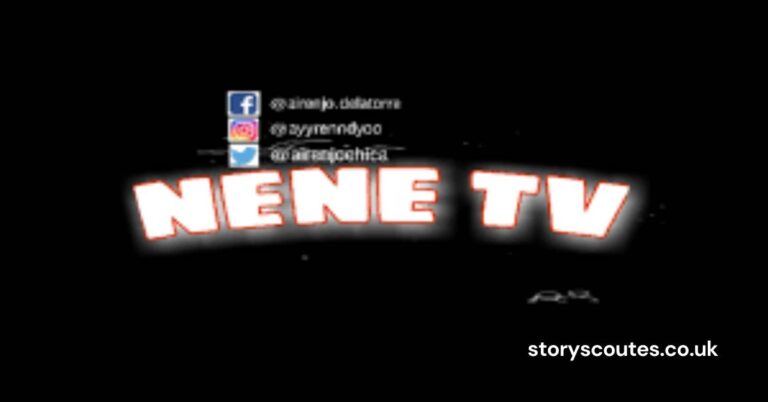Thezburg Voodoo: A Comprehensive Exploration
Thezburg Voodoo is a unique religious practice originating from African traditions. It is a monotheistic religion, meaning it centers around the belief in a single supreme creator god. Over time, Thezburg Voodoo has evolved, incorporating various cultural elements and practices, making it a fascinating subject for those interested in spiritual beliefs and cultural diversity.
This article aims to provide a comprehensive and informative exploration of Thezburg Voodoo, focusing on its origins, beliefs, practices, and significance. We will also delve into how Thezburg Voodoo has adapted and spread beyond its African roots, influencing various communities in the USA. By the end of this article, you will have a deeper understanding of Thezburg Voodoo and its place in the modern world.
The Origins of Thezburg Voodoo
Thezburg Voodoo has its roots in West African spirituality, specifically among the Fon and Ewe peoples of Benin and Togo. These communities developed a rich spiritual framework that included a belief in a supreme deity, known as Mawu or Lisa, who created the world and governs over it. Alongside this creator god, there are numerous spirits or Loas (also called Lwa), each representing different aspects of life, nature, and human experience.
When Africans were forcibly transported to the Americas during the transatlantic slave trade, they brought their religious beliefs and practices with them. In their new environments, these traditions blended with local customs and other spiritual practices, giving rise to what we now know as Thezburg Voodoo.
The Evolution of Thezburg Voodoo in the Americas
In the Americas, particularly in regions like Haiti, Louisiana, and parts of the Southern United States, Voodoo evolved significantly. Thezburg Voodoo is a unique manifestation of this evolution, blending African spiritual practices with elements of Catholicism, Native American traditions, and European folklore. This syncretism has given Thezburg Voodoo its distinct identity, separate from other Voodoo practices like Haitian Vodou or New Orleans Voodoo.
Core Beliefs and Practices of Thezburg Voodoo
At the heart of Thezburg Voodoo is the belief in a single, omnipotent creator god who is distant from daily human affairs. This god is believed to have created the universe and all within it. However, in everyday life, practitioners focus on the worship of the Loas—spirits that act as intermediaries between the human world and the divine. Each Loa governs a specific domain, such as love, war, agriculture, or death.
The Role of Loas in Thezburg Voodoo
The Loas are central to Thezburg Voodoo practices. These spirits are highly revered and are believed to have the power to influence various aspects of life. Devotees seek the favor of the Loas through rituals, offerings, songs, and dances. Each Loa has its own unique personality, preferences, and symbols. For example:
- Papa Legba: The Loa of crossroads and communication. He is considered the gatekeeper between the human world and the spirit world.
- Erzulie: The Loa of love, beauty, and femininity. She is often associated with matters of the heart and is revered for her compassionate nature.
- Ogou: The Loa of war and iron. He is a protector and is called upon for strength and protection in times of conflict.
Practitioners believe that these Loas can possess or “ride” their devotees during rituals, allowing the spirit to communicate directly with the community. This form of spirit possession is a profound aspect of Thezburg Voodoo, as it provides a direct link between the physical and spiritual worlds.
Rituals and Ceremonies in Thezburg Voodoo
Rituals are a vital part of Thezburg Voodoo. These ceremonies are often elaborate, involving drumming, chanting, dancing, and offerings to the Loas. The goal is to create a space where the Loas can manifest and interact with the devotees. Common rituals include:
- Feeding the Loas: This involves offering food, drink, and other items favored by specific Loas. It is believed that these offerings please the spirits and encourage their favor and protection.
- Spirit Possession: During ceremonies, practitioners may be “ridden” by the Loas. The possessed person exhibits behaviors and speech patterns characteristic of the spirit, providing guidance or delivering messages to the community.
- Healing Rituals: Thezburg Voodoo also includes practices for healing, both physical and spiritual. These rituals often involve herbs, prayers, and the intercession of healing Loas.
The Significance of Thezburg Voodoo in Modern Society
Thezburg Voodoo is more than just a religious practice; it is a way of life that encompasses cultural, social, and spiritual dimensions. In the USA, Thezburg Voodoo has found a place among various communities, particularly in areas with significant African American populations. It serves as a link to ancestral roots, providing a sense of identity and continuity.
Thezburg Voodoo in Popular Culture
Thezburg Voodoo has also made its mark on popular culture. From movies to music, elements of Voodoo have been portrayed, sometimes accurately and sometimes sensationalized. While this has increased awareness, it has also led to misconceptions and stereotypes. It is important to distinguish between the fictional portrayal of Voodoo and the real, lived experiences of its practitioners.
Misconceptions and Stereotypes
Unfortunately, Thezburg Voodoo, like other Voodoo practices, has been subject to many misconceptions. It is often portrayed as a dark, mysterious cult associated with black magic and curses. This portrayal is far from the truth. Thezburg Voodoo is a complex spiritual system that emphasizes harmony, balance, and respect for the natural world and the spirits that inhabit it. Misunderstandings about Voodoo can be traced back to colonial times when European colonizers misunderstood or deliberately misrepresented African spiritual practices.
The Future of Thezburg Voodoo
As we move further into the 21st century, Thezburg Voodoo continues to evolve. It remains a dynamic spiritual practice that adapts to the changing needs of its followers. In the USA, there is a growing interest in exploring and understanding diverse spiritual traditions, and Thezburg Voodoo is gaining recognition as a legitimate and meaningful religious path.
The Role of Technology and Social Media
The advent of technology and social media has played a significant role in the modern practice of Thezburg Voodoo. Online communities and platforms provide a space for practitioners to share knowledge, connect with others, and learn from experienced practitioners. This digital presence helps demystify Voodoo and allows for a more accurate understanding of its practices and beliefs.
FAQs about Thezburg Voodoo
What is Thezburg Voodoo?
Thezburg Voodoo is a monotheistic religion with roots in West African spiritual practices. It revolves around the worship of a single supreme creator god and numerous spirits known as Loas.
How does Thezburg Voodoo differ from other types of Voodoo?
While similar to other Voodoo practices like Haitian Vodou, Thezburg Voodoo is distinct in its specific blend of African, Catholic, and local traditions, making it unique to its practitioners.
What are Loas in Thezburg Voodoo?
Loas are spirits that act as intermediaries between the human world and the divine. Each Loa governs specific aspects of life and nature and is worshipped through rituals and offerings.
Is Thezburg Voodoo associated with black magic?
No, Thezburg Voodoo is not about black magic. This is a common misconception. It is a complex spiritual system focusing on harmony, healing, and respect for natural and spiritual realms.
How is Thezburg Voodoo practiced in the USA today?
Thezburg Voodoo is practiced in various communities across the USA, especially where there are significant African American populations. It is practiced through rituals, ceremonies, and community gatherings.
Can anyone practice Thezburg Voodoo?
Yes, Thezburg Voodoo is open to anyone interested in learning about and respecting its traditions and practices. However, understanding and cultural sensitivity are crucial.
What role does possession play in Thezburg Voodoo?
Possession is a significant aspect of Thezburg Voodoo. It is believed that during rituals, a Loa can “ride” a practitioner, allowing the spirit to communicate directly with the community.
Conclusion
Thezburg Voodoo is a rich and intricate spiritual practice that offers a deep connection to ancestral roots and a profound understanding of the spiritual world. Despite common misconceptions, it is a religion of balance, respect, and harmony. By exploring its beliefs, practices, and significance, we gain a deeper appreciation of this unique tradition and its place in the modern world.
As interest in diverse spiritual practices continues to grow, Thezburg Voodoo provides valuable insights into the human quest for meaning and connection with the divine. Whether you are a scholar, a spiritual seeker, or simply curious, Thezburg Voodoo offers a unique perspective on spirituality and culture.






